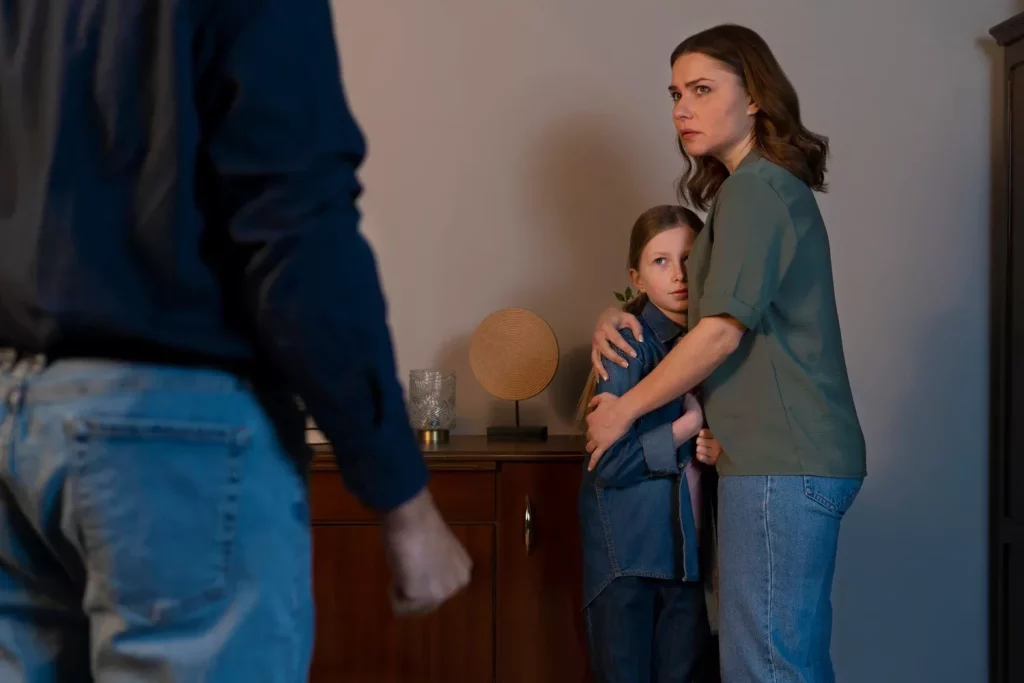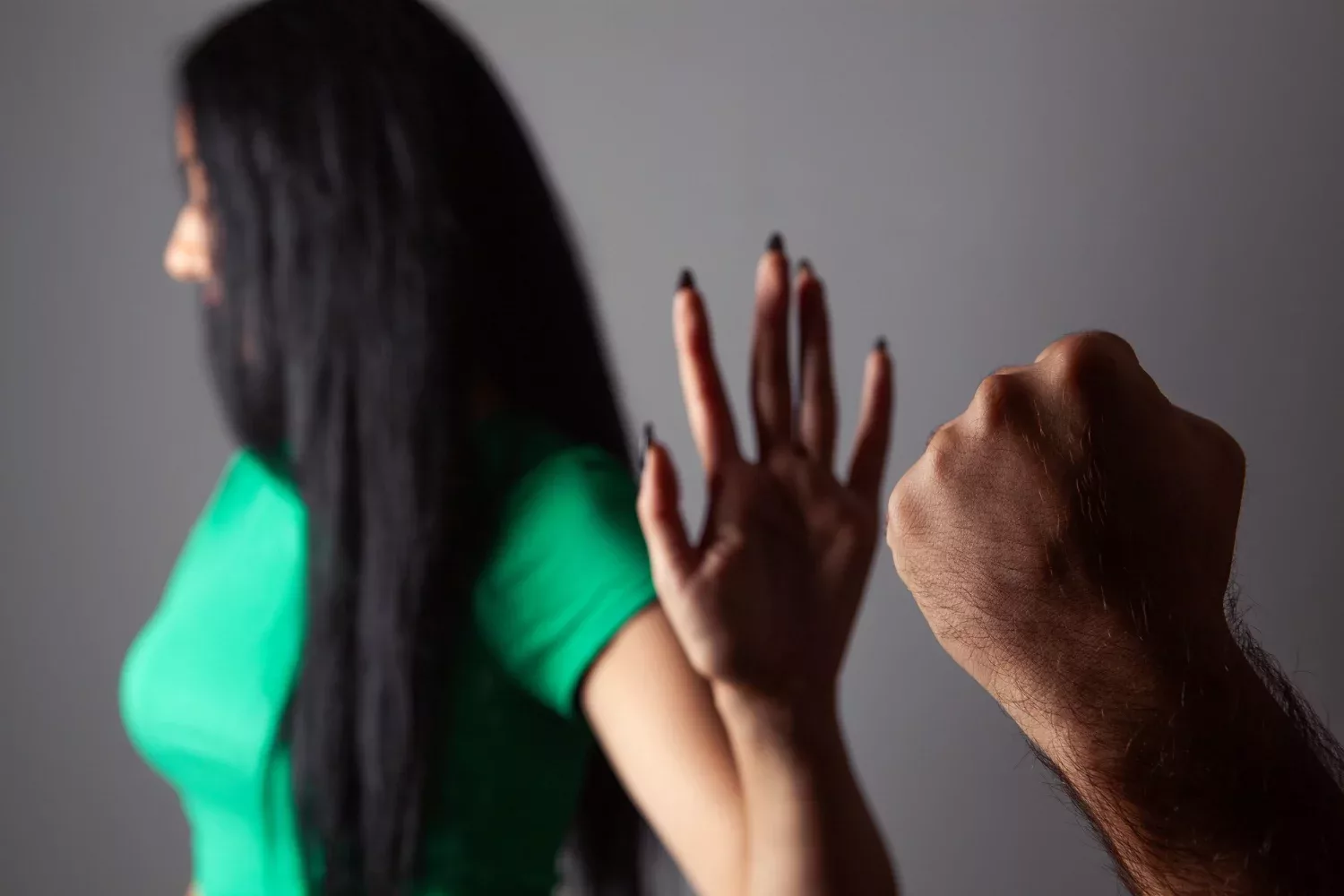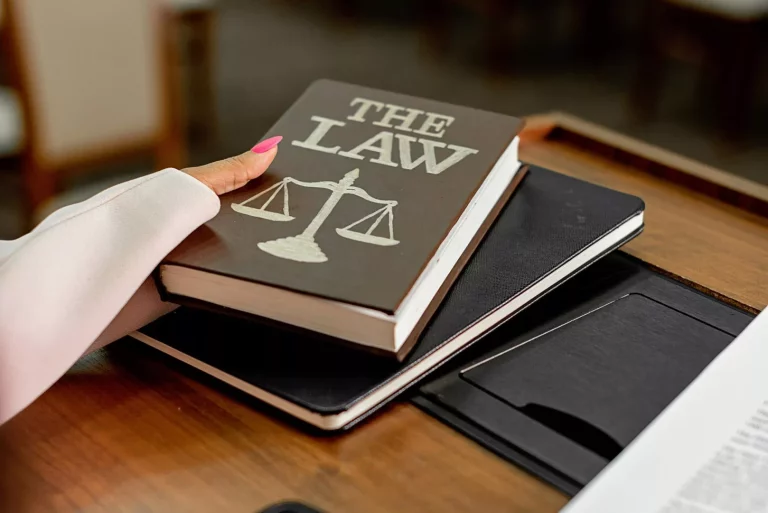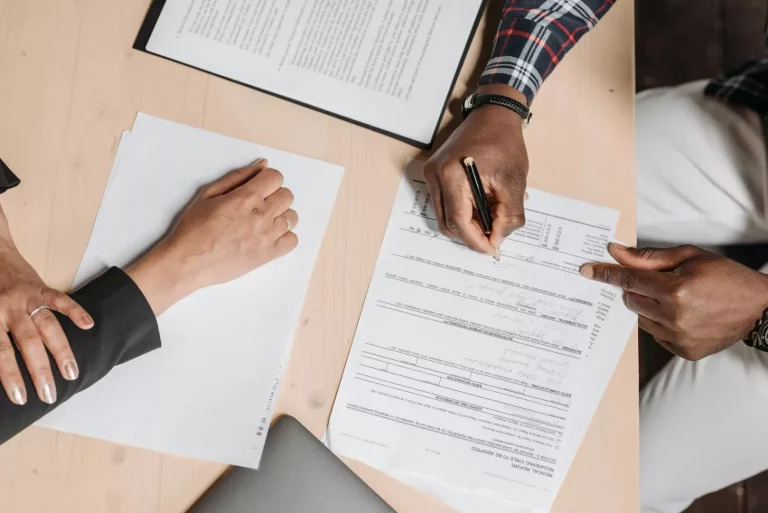Divorce due to Domestic Violence
Have you ever wondered about the impact of domestic violence on divorce cases? At TheBostonDivorceLawyer, our experienced lawyers specialize in handling divorce cases involving domestic violence. Learn more about the important factors to consider when navigating a divorce due to domestic violence in this informative article.
From the point of view of legal experts, divorce due to domestic violence can be granted if there is clear evidence of physical, emotional, or psychological abuse. According to the Domestic Violence Prevention Act, victims have the right to file for divorce based on the grounds of abuse and violence.
Definition
Domestic violence can come in many forms like physical, emotional, and psychological abuse. Usually, one partner tries to control and manipulate the other through threats, intimidation, or violence.
In situations of domestic violence, the safety of the victim and any children involved is at risk. The victim may feel stuck and afraid to leave the abusive relationship, worrying about their safety if they try to go. Sometimes, the abuse can get worse over time, making it even harder to leave.
Getting a divorce because of domestic violence is tough and complicated. Believe it or not, the victim may need help from a lawyer, a counselor, or a support group to deal with the legal and emotional hurdles of ending the marriage. They might also need to protect themselves and their children from more harm by getting a restraining order or finding a safe place to stay.
Sometimes, the abusive partner may try to make the victim stay in the marriage by denying the abuse, blaming the victim, or promising to change. But it’s very important for the victim to focus on their own safety and well-being. They should seek support from trusted friends, family, or professionals to help them make the best choice for their future.
Warning signs
Here are some warning signs of a bad and dangerous relationship: controlling actions like keeping you away from friends and family or keeping tabs on who you talk to; constant put-downs, threats, or yelling; physical violence such as hitting, pushing, or shoving; and keeping control over money or resources.
It’s vital to notice these signs early to stop the situation from getting worse. If you or someone you know is going through domestic violence, seek help from trusted friends, family, or professional organizations. Domestic violence can cause serious emotional and physical damage, so it’s important to take steps to stay safe. Remember, you are not alone, and there are people and resources ready to help you through this tough time.
Impact on family
When one or both parents are violent or abusive, it creates a dangerous and unhealthy home for everyone. Kids who see this violence often feel scared, anxious, and confused. They might even think it’s their fault.
In homes with domestic violence, the abusive parent may use tricks like manipulation, threats, and isolation to control their partner and kids. This can leave deep emotional wounds for everyone.
After a divorce because of domestic violence, the family may face money problems, housing issues, and legal challenges. Come to think of it, the non-abusive parent might have a hard time taking care of the kids alone, while the abusive parent might still try to control things through the legal system.
Kids in these situations are at risk of repeating the cycle of violence if they don’t get the right help. Without counseling and therapy, they may struggle to heal from their trauma.
Divorce due to domestic violence can have serious and lasting effects on families. It’s very important for them to seek support and resources to help them through these tough times.

Legal options
This legal document stops the abuser from contacting or hurting the victim. Victims can also get a restraining order to keep the abuser away from them.
If children are involved, the victim can ask for sole custody to keep them safe. This would limit or stop the abuser from seeing the kids. Victims can also seek child support to help with raising the children.
Victims of domestic violence can file for divorce because of the abuse, which can affect how assets and alimony are divided. Believe it or not, if the abuser is the main earner, the victim might get financial support after the divorce. Victims can get legal help to manage the divorce process and protect their rights.
In general, legal options for people dealing with domestic violence during divorce are important for ensuring safety and support. It’s very important for victims to get legal advice to understand their rights and how to move forward safely.
Support resources
These resources include hotlines where trained professionals offer immediate help and advice. Support groups are also helpful, providing a safe place for people to share their experiences and connect with others who understand them. Counseling services are available to help survivors deal with their trauma and develop ways to cope. Legal aid organizations can assist with divorce proceedings, offering expert guidance and representation.
Believe it or not, emergency shelters offer a safe place for those escaping abuse, providing temporary housing and support services. Additionally, community organizations and advocacy groups work to raise awareness about domestic violence, educate people on warning signs, and push for policy changes to better protect survivors. These resources are very important in helping people leave abusive relationships and rebuild their lives after divorce.
In Closure
As we already explored, in cases of domestic violence, divorce can often be the only viable solution to ensure the safety and well-being of the victim.
What TheBostonDivorceLawyers is encouraging you to keep is, the emotional, physical, and psychological toll of living in an abusive relationship can be devastating, and seeking help and support is very important. It is important for victims to prioritize their own safety and seek resources to help them work through the difficult process of ending the marriage.
References
- “Crazy Love” by Leslie Morgan Steiner, St. Martin’s Press, Leslie Morgan Steiner
- “The Verbally Abusive Relationship” by Patricia Evans, Adams Media, Patricia Evans
- “Violent Partners: A Breakthrough Plan for Ending the Cycle of Abuse” by Linda G. Mills, Basic Books, Linda G. Mills







